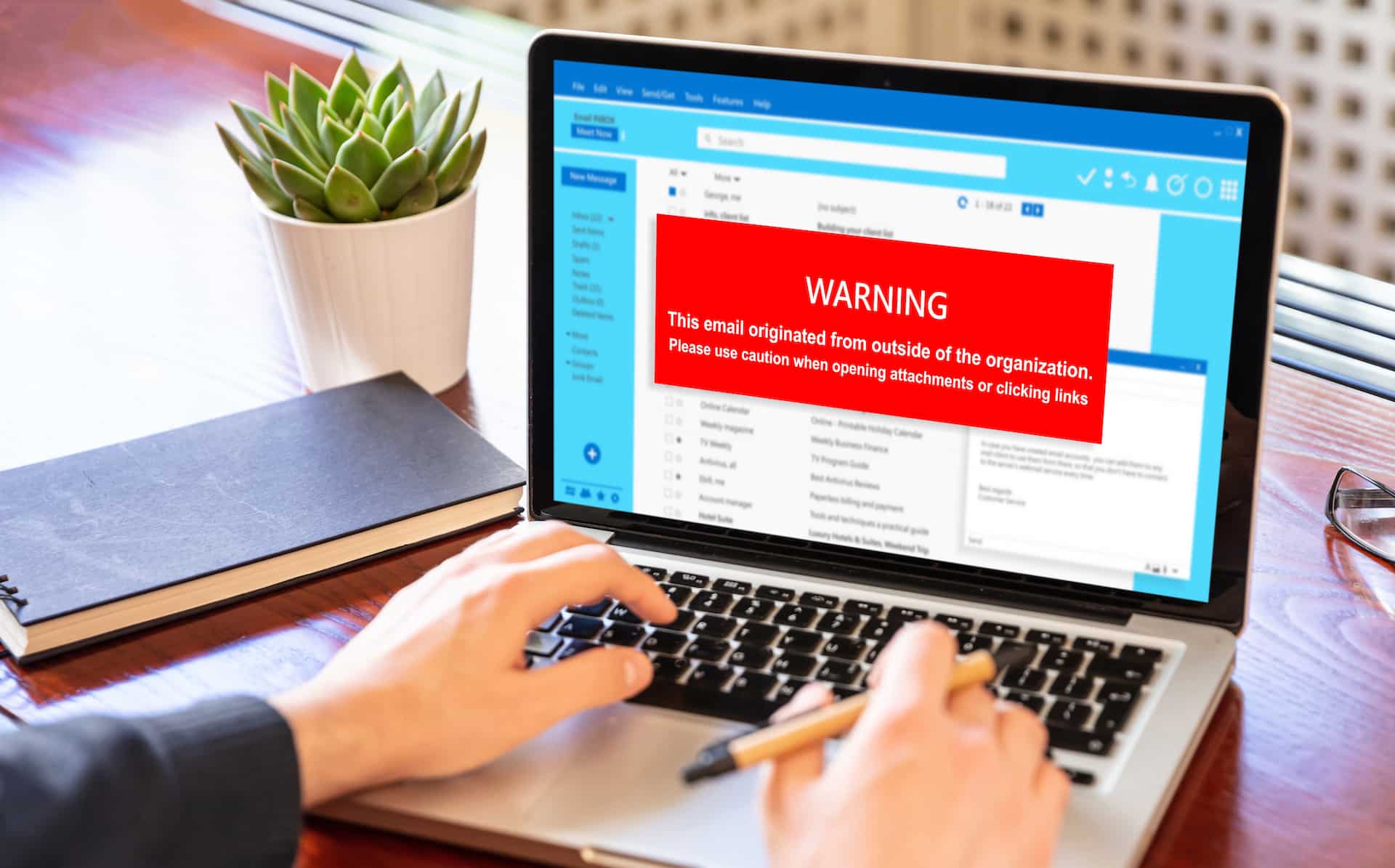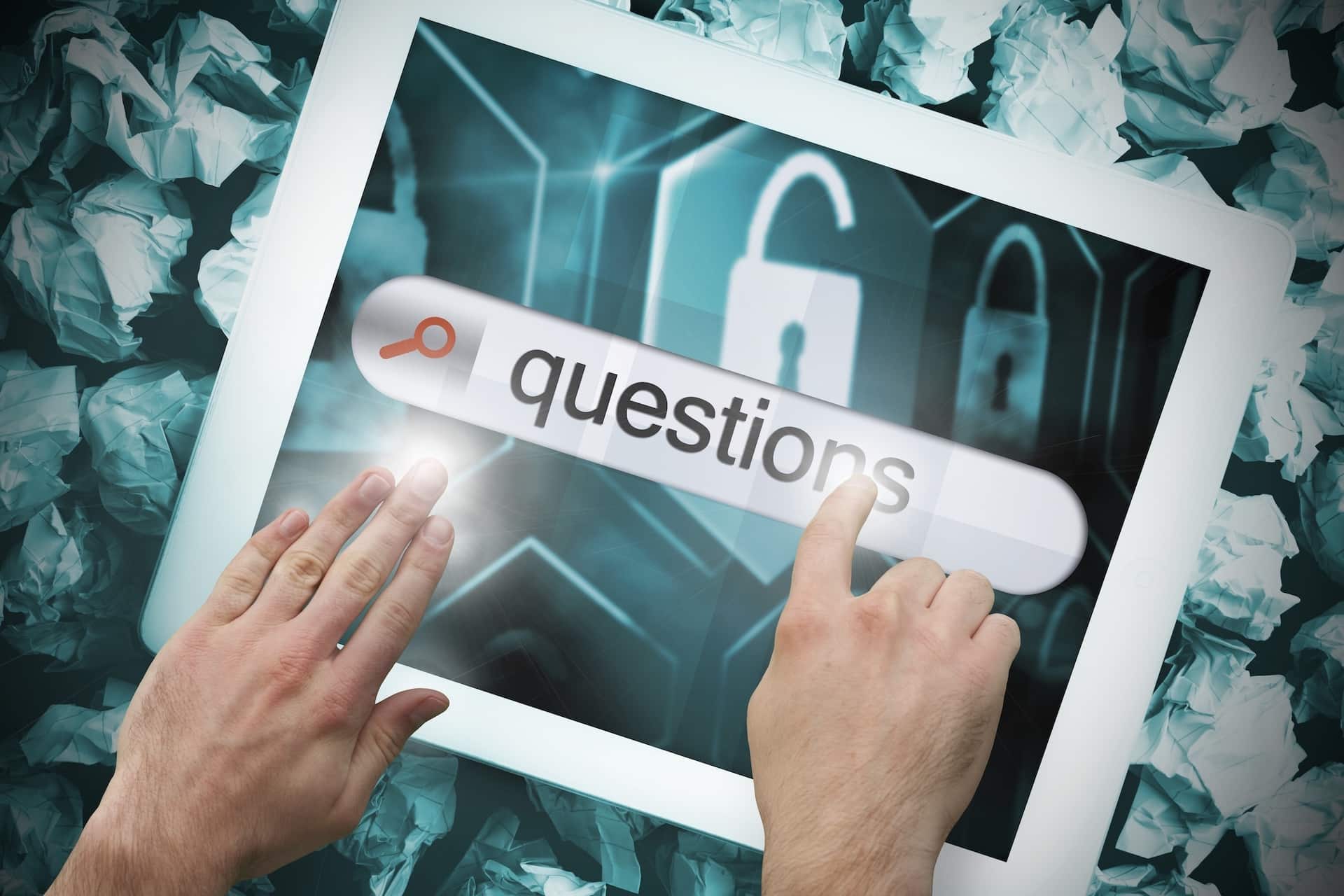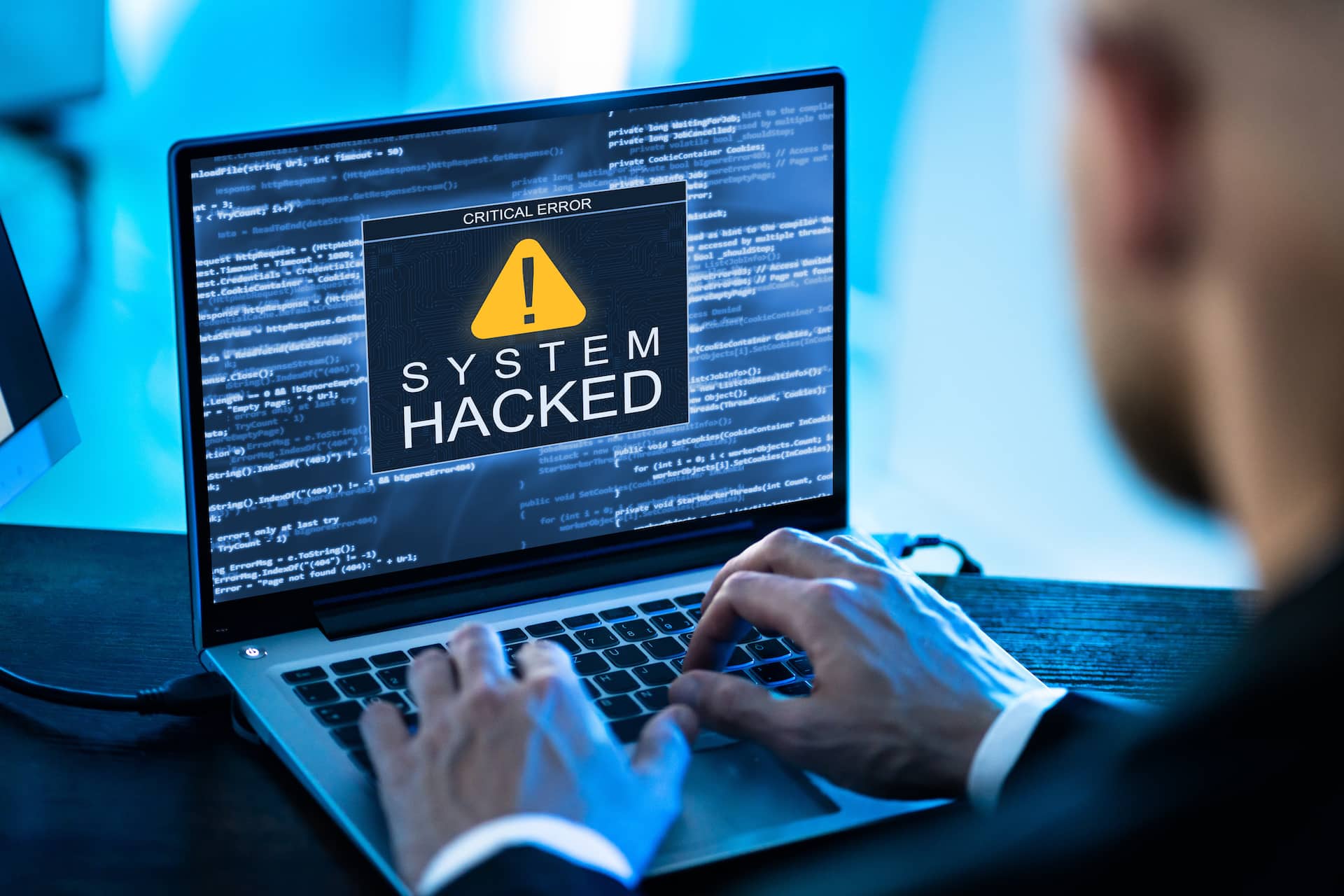If you ever receive random texts or emails from PayPal (or any other business, for that matter) telling you they suspended your account and now require you to authenticate your identity with an unknown link, then you should definitely think twice before clicking on that link. This is a common method that hackers use to break into accounts, especially those account holders that fall for this phishing scam. There is a better alternative to investigate this issue to see where it leads. It is important to access your account the way you normally would instead of clicking on that link.
If you were in this position, what would you do?
It is pretty safe to say that no one wants to fall for a phishing scam; but, at the same time, it can be very tempting to trust the message to make sure there is nothing wrong with your account.
The best approach is simple, but definitely not one that we would intuitively think to do.
Instead of clicking on the link provided in the text or email, open up a new web browser tab and login to the website, the same way you normally would in order to access your account. It does not matter the type of account you are trying to log into, whether it be your bank, your favorite online retailer, or any website that you have an account with. The practice of logging into the site directly, rather than using the link given, is simple and easy to do. It will also help keep you from being a victim of a phishing attack.
Let Us Help Your Team and Keep Them Safe
4 Corner IT can help you and your company choose the best tools and resources to keep everyone safe from security and phishing attacks. Our professionals can help build your business’ defenses and offer training to all members of your team, including how to identify potential threats and the best practices to keep safe from these attacks. For more information or to get started today, contact us at 954.474.2204.






